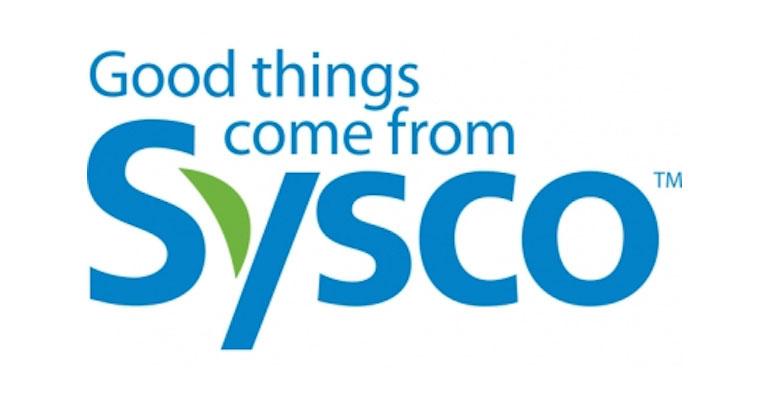 This post is part of the On the Margin blog.
This post is part of the On the Margin blog.
In December 2013, Sysco Corp. and US Foods rocked the restaurant industry when the two food distribution giants proposed to merge in what was at the time an $8.2 billion deal.
Two years, months of negotiations, a federal lawsuit and nearly $700 million later, and the two sides abandoned the attempt. They’ve since resumed their competitive ways, acquiring smaller players, while US Foods opted for an initial public offering to pay off its debt.
Would they really do all that over again?
We don’t know. But they would likely find a friendlier attitude among antitrust regulators in a Trump administration if they did.
Bloomberg columnist Gillian Tan this morning speculated that a Sysco-US Foods merger would have the best chance of revival in a Republican Trump administration.
The idea is pretty simple: The Federal Trade Commission blocked the Sysco-US Foods deal on a thin, 3-2 vote. With Trump as president, the commission would be Republican-led for at least the next four years. In theory, therefore, the new FTC would be more likely to OK the deal if it were proposed again.
To be sure, things are different now. For one, it would take a lot more than the $8.2 billion Sysco originally proposed in the form of cash and assumed debt.
US Foods has a $9.3 billion enterprise value, and because the company is now publicly traded, any Sysco proposal would have to come with a premium to entice the company’s stockholders.
As Tan pointed out, Sysco is a more valuable company today, too, and could absorb the increased price.
The ultimate question, of course, is whether the two companies would propose a merger once again, after spending so much time and money to no avail the first time.
Presumably, much of the same market dynamics exist today that did three years ago, when the deal was first proposed. The market remains diverse, complex and ripe for disruption, although one giant distributor, rather than two big, competing distributors, would likely concern many foodservice companies.
As Tan noted, the company’s two private-equity sponsors, KKR & Co. and Clayton Dubilier & Rice LLC, each of which own 37.8 percent of shares, have yet to sell, and would find a nice, quick exit with a premium in a sale to Sysco.
That would certainly be easier than a gradual exit through the sale of their stock in secondary offerings in the coming years, which would not come with the assurance of a premium Sysco would be likely to pay.
Jonathan Maze, Nation’s Restaurant News senior financial editor, does not directly own stock or interest in a restaurant company.
Contact Jonathan Maze at [email protected]
Follow him on Twitter: @jonathanmaze





